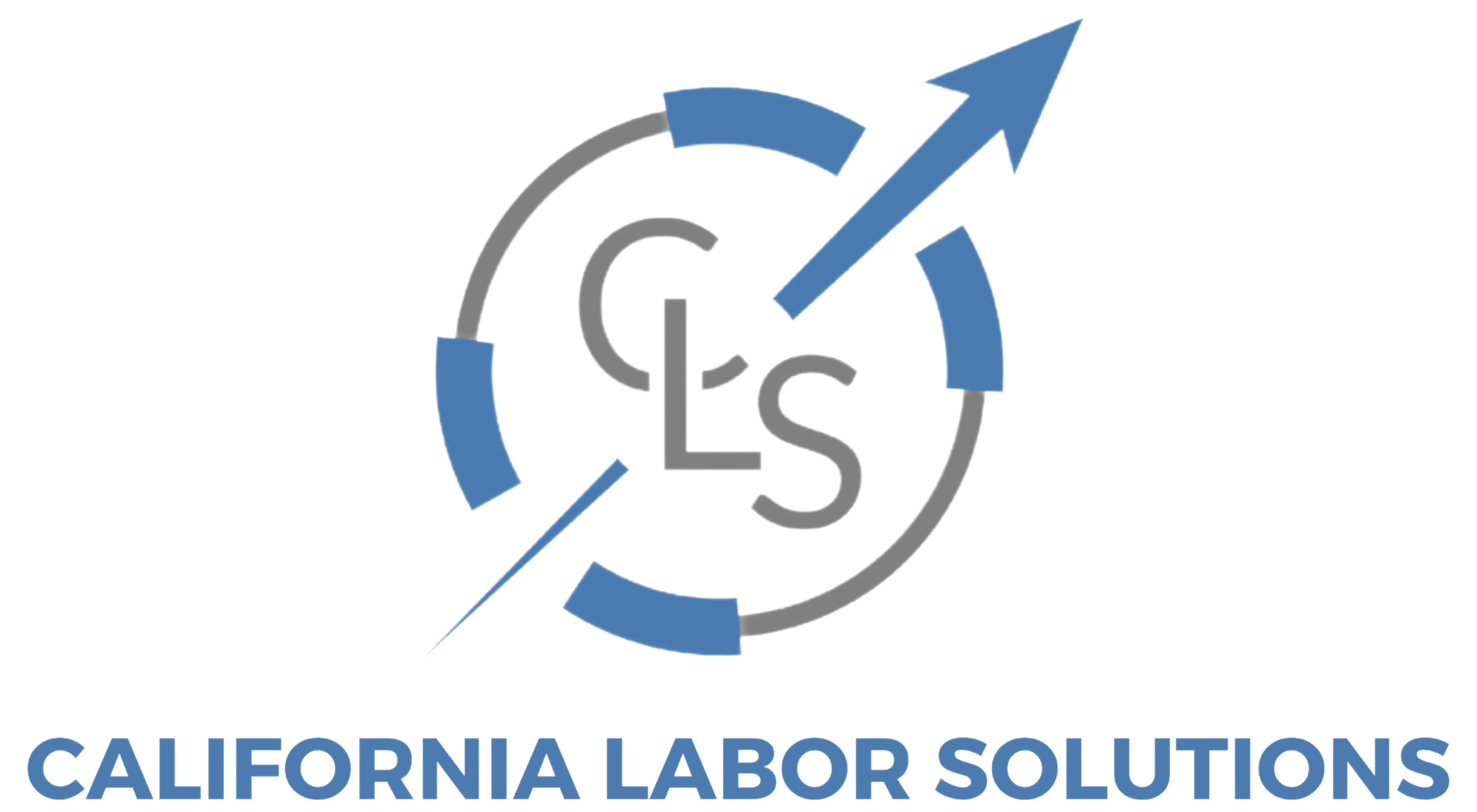Employers often struggle to decide whether to handle employee complaints internally or look for a California-licensed external workplace investigator.
On the one hand, overburdening HR teams with too many issues might lead to an inability to respond promptly to serious employee complaints. On the other hand, employers may not recognize that the issue rises to the level of requiring a formal workplace investigation.
The following article helps employers understand when an employee complaint investigation is needed; the Association of Workplace Investigators (AWI) suggests investing in training programs that equip employers and managers with the necessary skills to distinguish when an HR intervention or workplace investigation is required.
Investigation Complications

Companies have varying interpretations of what constitutes an investigation. Some employers adopt an approach that deems any concern raised by an employee to require a formal workplace investigation and train managers to immediately hand over any complaint to HR, even if the potential for legal liability is low. Other employers believe that when a manager talks with several employees to understand the employee complaint better, that alone constitutes an investigation; however, it does not.
Although it may be somewhat reasonable for a very small company without an HR department to authorize a manager without any formal investigation training to conduct interviews, managers do not usually have the training and knowledge that attorneys and California-licensed investigators have of the laws that underlie HR policies and practices.
For instance, a manager can struggle to identify or handle an employee complaint related to a characteristic protected by federal or state law, such as gender, disability, or race.
Training Supervisors/Managers

Employers should train supervisors/managers to identify and evaluate when they can handle an employee issue and when to raise an employee complaint to the HR department so that a workplace investigation is conducted, whether internally or externally. For instance, by providing EEO training to supervisors/managers, they will be able to recognize when an employee complaint may relate to a protected characteristic and, thus, comply with the employer’s legal obligation to investigate.
Identifying when an employee complaint could relate to discrimination, harassment, or retaliation is essential in an organization because knowing the law is not enough if a problem has not been properly identified.
Even managers without the depth and breadth of knowledge of the law that California-licensed investigators and attorneys have can learn how to identify issues beyond the scope of their roles.
Why choose California Labor Solutions?
California Labor Solutions (CLS) is one of the only HR firms in California that is licensed* to conduct workplace investigations in California. We have conducted hundreds of neutral, objective, and unbiased workplace investigations for employee complaints relating to allegations of discrimination, harassment, retaliation, and various types of employee misconduct with the utmost quality, detail, and efficiency.
Contact us now to learn how we can help with your employee complaint challenges.

